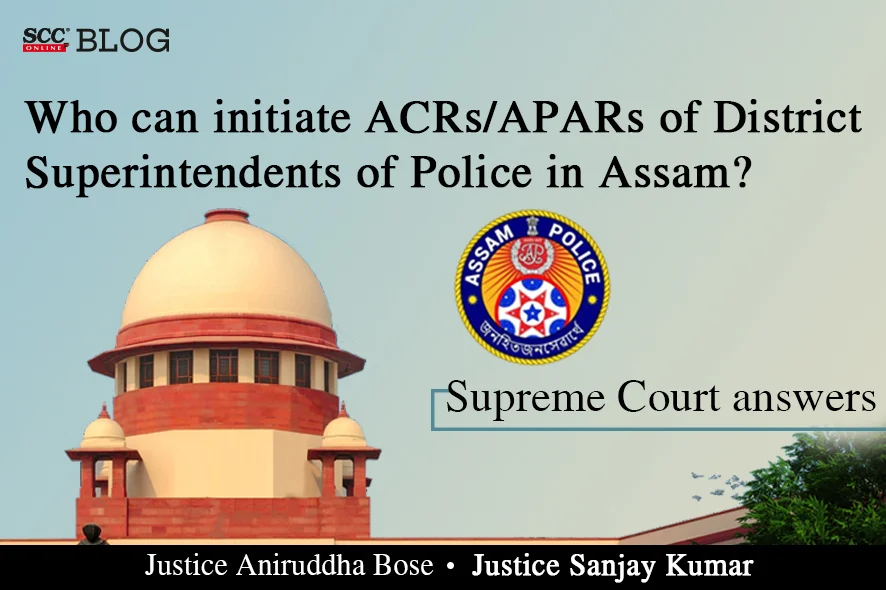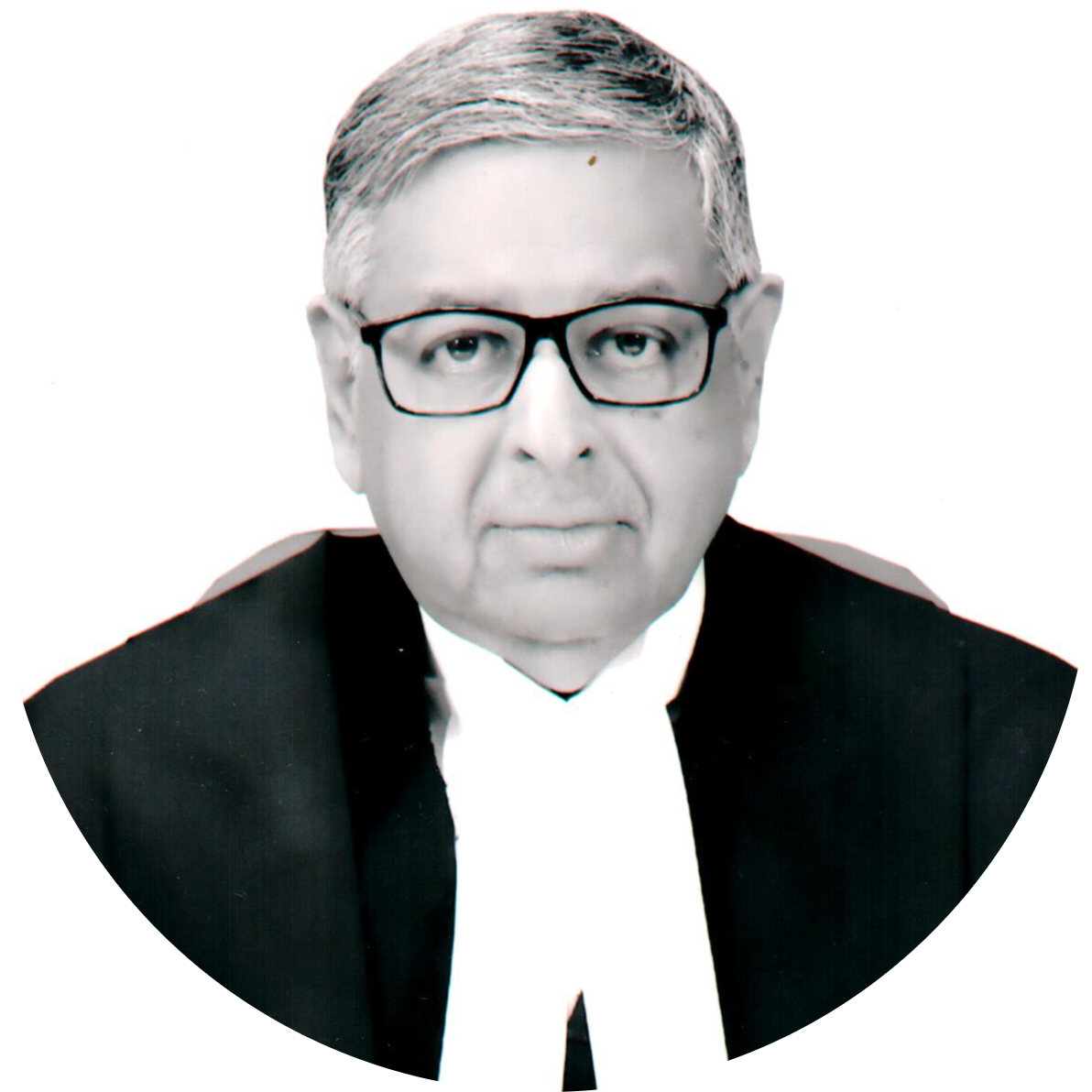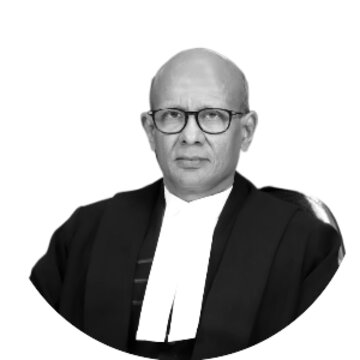Supreme Court: In an appeal against Gauhati High Court’s decision holding Rule 63(iii) of the Assam Police Manual invalid for being in direct conflict with Section 14(2) of the Assam Police Act, 2007 brought by the State of Assam and its officials in the Home Department, the Division Bench of Aniruddha Bose and Sanjay Kumar, JJ. confirmed the High Court’s decision in support of delineation of District Superintendents of Police (SPs) and Deputy Commissioners.
The issue was whether Rule 63(iii) of the Assam Police Manual prescribes for initiating such assessment by the Deputy Commissioner as the ‘Reporting Authority’ was lawful. The primary question involved in this matter revolved around “Who should be the ‘Reporting Authority’ to initiate Annual Confidential Reports (ACRs)/Annual Performance Appraisal Reports (APARs) of Indian Police Service (IPS) Officers working as District Superintendents of Police (SPs) in the State of Assam?”. The IPS Officers working as SPs in Assam urged before the High Court that the Rule was violative of Section 14(2) of the 2007 Act.
Court’s Analysis
The Court recalled that the Police Act, 1861 was applicable to the State of Assam and the Assam Police Manual originated from the same, which was repealed after the 2007 Act came into force so far repealing the Police Act, 1861 regarding its application to the State of Assam.
The Court considered the question of “whether Rule 63(iii) of the Manual, which dates back to a point of time when the Police Act, 1861, was in force, can be said to be still valid and lawful in the framework of the Act of 2007 and the 2007 Rules relating to preparation of ACRs/APARs of IPS Officers in the rank of SPs.”
The Court perused Rule 63(iii) of the Manual to note that “the ACR/APAR of a SP should be initiated by the Deputy Commissioner concerned and the same would be reviewed by the Deputy Inspector General of Police in charge of the Range and then sent to the Commissioner of the Division. The Commissioner would then send the same with his opinion to the Inspector General of Police for acceptance who, in turn, would refer the report to the Deputy Inspector General of Police (Special Branch) for his remarks on the SP’s performance in subjects pertaining to that Branch.” It went on to peruse Section 14 of 2007 Act. It also pointed towards the provisions of All India Services (Confidential Rolls) Rules, 1970 which were thereafter replaced by the All India Services (Performance Appraisal Report) Rules, 2007 regarding mode and method of preparation of ACRs/APARs of IPS Officers in the rank of SPs. It also highlighted the Rules 2(e), 2(f) and 2(a) of the 1970 Rules vis-a-vis Rules 2(j), 2(k) and 2(a) of the 2007 Rules defining ‘Reporting Authority’, ‘Reviewing Authority’ and ‘Accepting Authority’.
The Court explained that the system of governance under the 1861 Act was completely different than the one prevailing, hinting towards the wider powers of the Deputy Commissioner being the head of district’s criminal and police administration. The Court expressed that “In such circumstances, it was proper that he/she should be vested with the power of assessing the performance of the SP of that district. Rule 63 of the Manual also makes this clear as it speaks of the recording officers being fully conversant with the quality of the work of the ‘officers working under them’ and goes on to say that the intention is that the work of an officer should be known to all his ‘superiors’ along the line. The hierarchical superiority of the Deputy Commissioner over the SP in that setup is, therefore, clear.”
In present circumstances, Deputy Commissioner was no longer the head of the district’s criminal and police administration. The Court clarified that Section 14(1) of 2007 Act provides for police administration in a district being vested in SP and Section 14(2) restricts Deputy Commissioner’s power to interfere with the district police’s internal organization or discipline. Rule 25(c) of the Manual empowers Deputy Commissioner to order an enquiry in case of misconduct by a police officer, which directly challenges Section 14(2) unequivocally divesting Deputy Commissioner of such disciplinary powers. The Court commented that “This distinction, which was brought about in the administration of the police, must necessarily be kept in mind while considering the validity of the procedure prescribed under Rule 63(iii) of the Manual.”
While prescribing the importance of a statutory provision over others, the court cited ‘Statutory Interpretation (3rd Edition, 1995) by Sir Rupert Cross as quoted in Dharani Sugars and Chemicals Ltd. v. Union of India, (2019) 5 SCC 480. The Court further explained that IPS Officers being members of the All India Service were amenable to 2007 Rules, whose Section 65 clarified regarding governance of police personnel in Assam to be governed by the existing Discipline and Appeal Rules and other Service Conduct Rules in force, as were applicable to the Indian Police Service, State Police Service and others serving in the State Police Establishment.
The Court observed that merely for being deployed in Assam, IPS Officers could not be denied benefit under 2007 Rules applicable across the board to their ilk serving across the country. It further added that “the definition of ‘Reporting Authority’ in the 1970 Rules, post 1987, and in the 2007 Rules, did away with the mandate of having the ‘Immediate Superior’ of the officer reported upon undertaking that exercise but it still requires the ‘Reporting Authority’ to be someone who supervises the performance of the said officer. Ordinarily, such supervision would be by an officer from within the same department, who is higher in rank than the officer reported upon.”
The Court explained that although the Government was empowered to decide the supervising authority on an officer’s performance to assume a role, such a discretion could not be construed to mean that someone from outside the department could be given such power. It clarified that both the ‘Reviewing Authority’ and ‘Reporting Authority’ must belong to the same service or department, as reflects that the Rule 63(iii) of the Manual does not fit in with the scheme obtaining under the 1970 Rules and the 2007 Rules. This led the Court to consider whether breach of requirement regarding reporting, reviewing and accepting authorities from the same service department could be permitted in the State of Assam as per Rule 63(iii) of the Manual.
The Court answered the same stating that Section 14(2) of 2007 Act denying Deputy Commissioner’s authority against interference with the internal organization and discipline of the police force, restricting the same to bring to the notice of the SP all cases of conduct/qualification of police officer affecting general administration within the district, and not beyond. The Court referred to S. Gopal Reddy v. State of A.P., (1996) 4 SCC 596; Sultana Begum v. Prem Chand Jain, (1997) 1 SCC 373 and proposed that the derogating provisions of Section 14(1) and 14(2) must be harmoniously construed by restricting the Deputy Commissioner’s power under Section 14(1) by duly carving out the exception under Section 14(2).
The Court clarified that even as per Rule 25 of the Manual, SP was not subservient to Deputy Commissioner. It further explained that “though the SP is required to obey the instructions of the Deputy Commissioner in the first instance, the SP can thereafter request the Deputy Commissioner to refer any difference of opinion between them on any question relating to police administration to the Commissioner, who would decide such reference. Moreover, the SP is at liberty to submit his case to the Inspector General of Police if he is dissatisfied with the decision of the Commissioner. It is, thus, clear that a SP is required to work under the ‘general control and direction’ of a Deputy Commissioner and obey his/her instructions but that does not place the SP under the hierarchical supremacy of that Deputy Commissioner.”
The Court gave a scenario that “when liberty has been given to the SP to disagree with the Deputy Commissioner on any point relating to police administration and seek resolution of such difference of opinion through the Commissioner and, thereafter, the Inspector General of Police, it would be a parody to subject the performance assessment of such a SP to the same Deputy Commissioner with whom he/she had disagreed. Such an ACR/APAR cannot be taken to be impartial and objective, once it is preceded by a difference of opinion between the SP and the Deputy Commissioner, leading to a reference being made to higher authorities. Such a situation must necessarily be avoided to maintain the sanctity of the assessment process. This constitutes one more reason why the Deputy Commissioner should not be the ‘Reporting Authority’ of the SP of that district.”
The Court further cited Circular No. 11059/4/89-AIS.III issued by Government of India on 28-12-1990 stipulating that the ‘Reporting Authority’ should be in a higher grade of pay than the officer reported upon. The Government took note of instances where the ACRs of the members of All India Services were initiated by officers belonging to the same batch or drawing the same pay scale as the officer reported upon and instructed that the State Governments must ensure that a member of the service does not initiate the Confidential Report of another member of the service in the same grade of pay. The Court inferred that the ‘Reporting Authority’ must be in higher pay grade than officer being reported upon. The Court referred to State Bank of India v. Kashinath Kher, (1996) 8 SCC 762 and State of Haryana v. P.C. Wadhwa, (1987) 2 SCC 602 in this regard.
The Court refused to interfere with the impugned decision of the High Court and concluded that “On the above analysis and given the fact that the 1970 Rules/2007 Rules define reporting, reviewing and accepting authorities to mean that they must all be from the same service or department, intervention by the Deputy Commissioner during the exercise of performance assessment of SPs of the districts in the State of Assam, by virtue of Rule 63(iii) of the Manual, cannot be countenanced, being in direct conflict therewith, and would tantamount to permitting the Deputy Commissioner to interfere with the internal organization of the police force, which would be contrary to the mandate of Section 14(2) of the Act of 2007.”
CASE DETAILS
2024 SCC OnLine SC 53 State of Assam Binod Kumar |
Advocates who appeared in this case For Appellants: For Respondents: |
CORAM :








